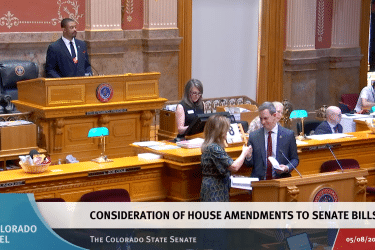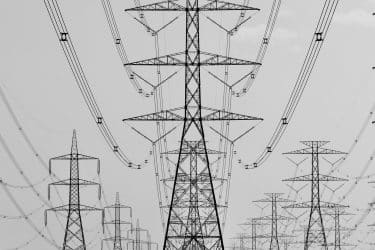Tag: Edison Electric Institute

Corporate utilities largely silent on Trump layoffs of staff who manage LIHEAP
We asked utilities for comment: many defended LIHEAP broadly; none criticized the Administration or the staffing cuts.

Utilities, once represented by UARG, now part of the ‘Electric Generators for a Sensible Transition’ in their suit against the EPA
A new ad hoc coalition of electric utilities has sued the Environmental Protection Agency (EPA) over its newly proposed rules to reduce greenhouse gas emissions from existing coal and new...

Virginia bill would bar utilities from charging customers for politics, joining other states
A Virginia lawmaker introduced a bill last week that, if passed, would prohibit the utilities Dominion Energy and Appalachian Power from charging customers for many of their political activities. The...

Legislation introduced by Rep. Kathy Castor instructs FERC to ban utilities from using ratepayer dollars for political activities
The “Ethics in Energy Act” also aims to increase transparency and add penalties for noncompliance

Colorado law prohibits utilities from spending ratepayer money on politics
A new law in Colorado prohibits investor-owned utility companies from using ratepayer money to fund trade associations, promotional advertising, certain kinds of lobbying, and other political influence activities. The Colorado...

Getting Politics Out of Utility Bills
How policymakers can protect customers from being forced to fund utilities’ political machines
We Stand For Energy
We Stand For Energy We Stand For Energy is a campaign created by the Edison Electric Institute, the trade association for investor-owned utilities, to serve as a platform for the...

Southern Company Knew
Southern Company Knew How a “clean coal” utility was warned about climate change risks years before it funded climate disinformation, 1964-2022 Download the full report as a PDF (Click here)...

John Oliver explains utility scandals
Last Week Tonight explains how utilities harm customers and the climate, with little accountability due to influence over regulators.


